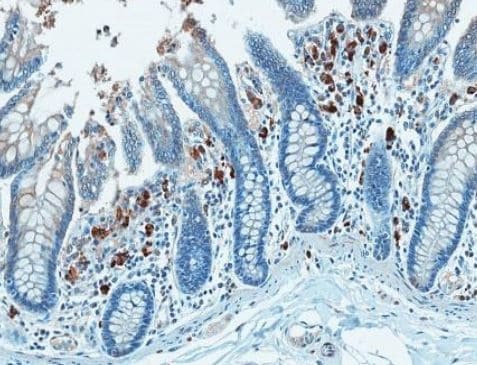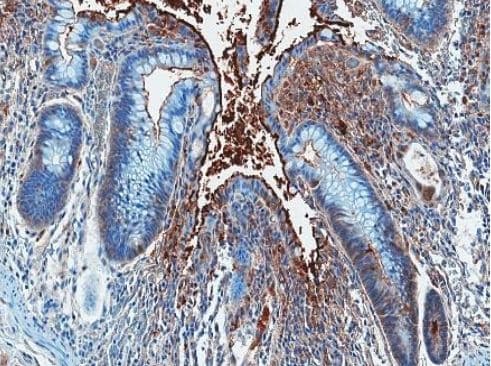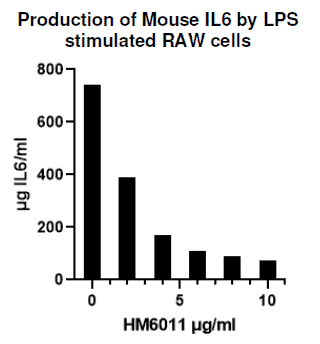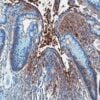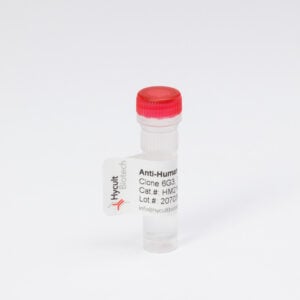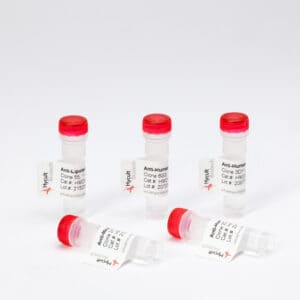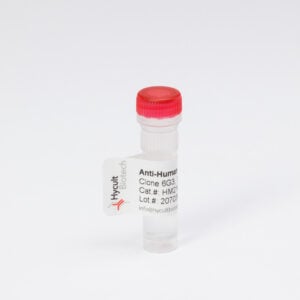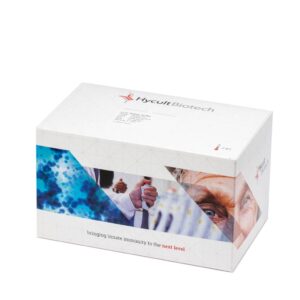Lipopolysaccharide Core, mAb WN1 222-5
The mouse monoclonal antibody clone WN1 222-5 recognizes the core region of lipopolysaccharide (LPS), whereas it lacks reactivity with free lipid A and Rd2 or smaller LPS.
Read more€125.00 – €8,370.00
Meet the remarkable mouse monoclonal antibody clone WN1 222-5, a precision tool in the realm of immunology. This antibody has a unique ability – it targets the core region of lipopolysaccharide (LPS) with extraordinary accuracy while showing no reactivity to free lipid A, Rd2, or smaller LPS variants. Let’s delve into the intriguing world of LPS and its significance.
Lipopolysaccharide (LPS) is a key element of Gram-negative bacteria, infamous for causing infections via strains like E. coli and Salmonella. Comprising three parts—lipid A, core oligosaccharide, and O-polysaccharide—LPS forms the endotoxin essential to bacterial survival and virulence. Understanding the structure of LPS, especially the toxic lipid A and the variable O-polysaccharide, is critical for developing targeted antibacterial treatments.
Humans and vertebrates encounter LPS through exposure to enterobacteria, which release small amounts of endotoxins as they grow. LPS is heat-stable and can cause watery diarrhea and inflammation upon interacting with the digestive tract.
Additionally, LPS also plays a role in conditions like necrotizing enterocolitis (NEC), primarily affecting newborns. If LPS enters the bloodstream, it binds to host cells, triggering complex responses and, in severe cases, organ failure (septic shock).
Furthermore, LPS inhibits Interleukin-6 (IL-6), which presents a strategic method for fine-tuning the body’s immune response. As a central cytokine, IL-6 is instrumental in both inflammation control and muscle function, serving a dual role in defense mechanisms and metabolism. Targeting IL-6 inhibition offers a pathway to mitigate conditions characterized by chronic inflammation, such as autoimmune disorders, metabolic syndromes, and certain types of cancers.
IHC-P: Antigen retrieval was performed by heating sections in 1x DIVA Decloaker reagent. As positive control gut or lymph node of SIV-infected rhesus macaques was used and as negative control gut or lymph node of non-SIV-infected rhesus macaques (Ref.6).
You may also like…
-
€125.00 – €481.00
-
€481.00
-
€125.00 – €481.00
-
€125.00 – €481.00
You may be interested in…
-
€1,205.00
Calculate your ELISA data easily
With the ELISA calculator you can easily calculate ELISA data. Assayfit Pro helps to perform curve fitting. The calculator generates advanced reports, fit graph, fit parameters and goodness of fit are shown.
We are glad to support you!
Take advantage of our dedicated support team for any technical assistance you need while using our products or considering them for your research needs.
